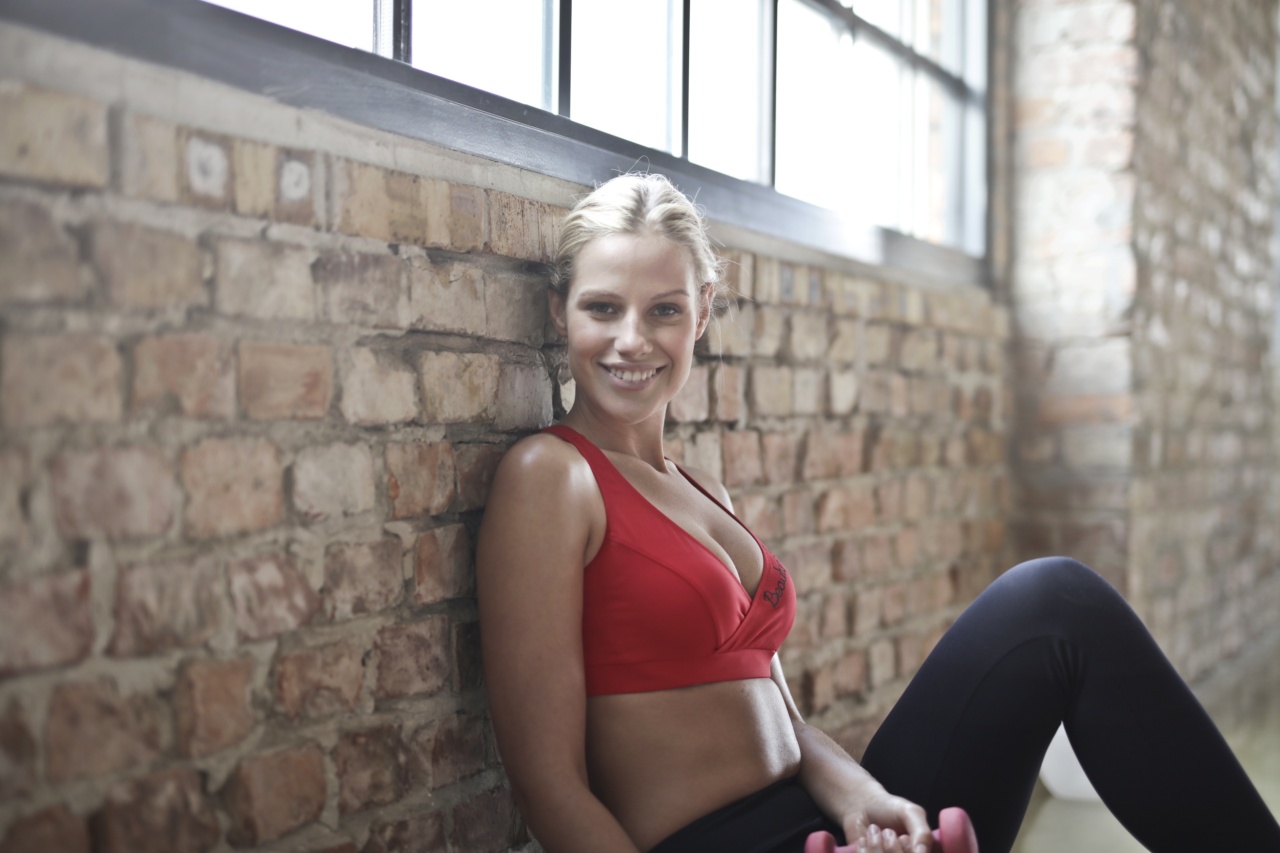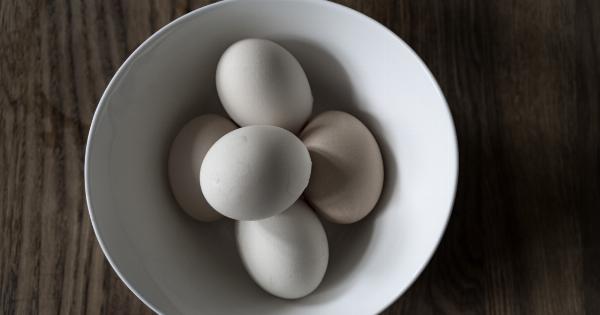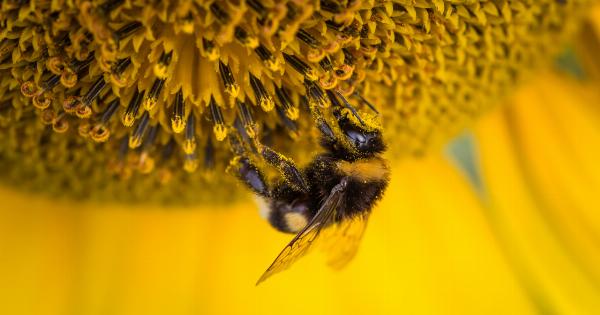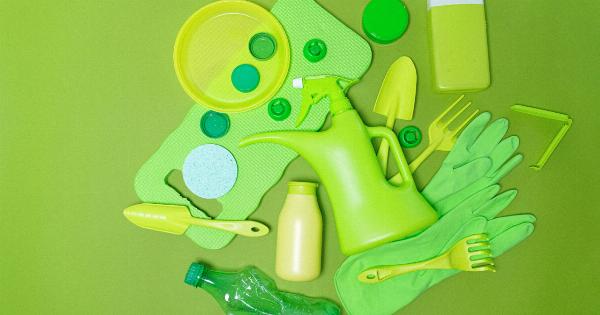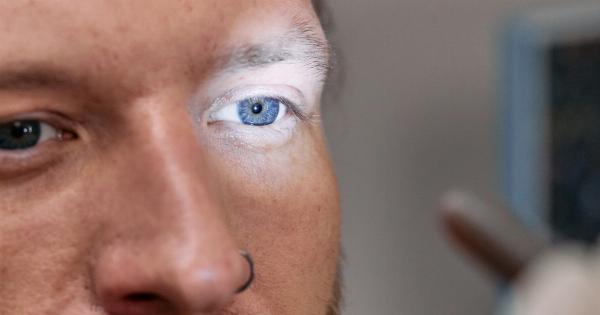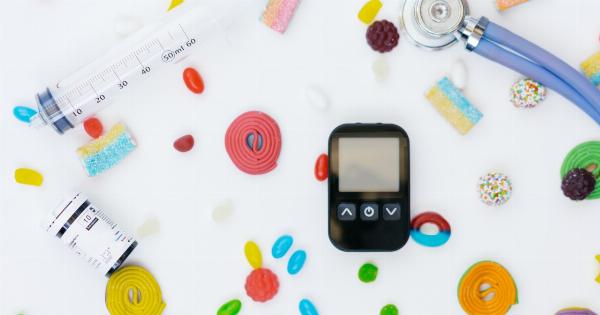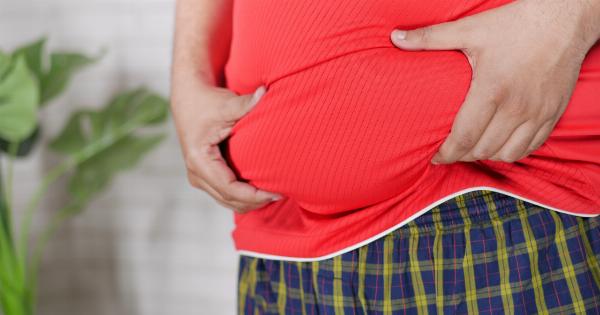Most of us associate sweating with physical activity or hot weather. It is a natural bodily function that helps regulate body temperature and rid the body of toxins.
However, there are some individuals who don’t sweat or experience very minimal sweating. While it may sound like a blessing to not have to deal with drenched clothes and sticky skin, the absence of sweating can have potential health implications.
In this article, we will explore the importance of sweating for maintaining a healthy body, possible conditions associated with lack of sweating, and tips for promoting sweating naturally.
Understanding the Importance of Sweating
Sweating is the body’s way of cooling down. When we engage in physical activity or are exposed to high temperatures, the sweat glands in our skin produce sweat, which then evaporates and cools the skin.
Sweating also plays a crucial role in detoxification by helping eliminate waste products and toxins from the body.
Additionally, sweating helps regulate body temperature. When we sweat, the blood vessels near the skin’s surface dilate, allowing heat to escape through the skin.
Without sweating, the body’s natural cooling system is compromised, and overheating becomes a risk.
Conditions Associated with Lack of Sweating
While not sweating may seem like a minor inconvenience, it can be an indicator of an underlying health condition. Here are a few conditions associated with reduced or absent sweating:.
Anhidrosis
Anhidrosis is a condition characterized by the inability to sweat normally. It can be either generalized, affecting the entire body, or localized, affecting specific areas.
People with anhidrosis may not notice any symptoms until they engage in physical activity or expose themselves to high temperatures. This condition can potentially lead to heat exhaustion or heatstroke if appropriate measures are not taken to prevent overheating.
Diabetic Autonomic Neuropathy
Diabetic autonomic neuropathy is a complication of diabetes that affects the nerves controlling various bodily functions, including sweating. People with this condition may experience decreased sweating or complete inability to sweat.
Diabetic autonomic neuropathy can also affect other autonomic functions, such as blood pressure regulation and digestion.
Hypohidrosis
Hypohidrosis refers to decreased sweating compared to the average person. While it may not be as severe as anhidrosis, it can still contribute to difficulties in regulating body temperature.
Hypohidrosis can be a symptom of an underlying medical condition such as nerve damage, skin infections, or hormonal imbalances.
Approaches to Promote Sweating Naturally
If you are among the individuals who rarely sweat, it is crucial to find ways to promote sweating for the sake of your overall health. Here are some tips to help you stimulate sweating naturally:.
Engage in Regular Physical Activity
Exercise not only enhances overall health but also increases body temperature and prompts sweating. Engaging in regular physical activity, such as cardiovascular exercises, can help stimulate your sweat glands and promote sweating.
Stay Hydrated
Drinking an adequate amount of water throughout the day can help regulate body temperature and encourage sweating. Proper hydration ensures that your sweat glands have enough fluid to produce sweat.
It is important to note that alcohol and caffeine can have a diuretic effect, leading to dehydration, so it’s best to consume them in moderation.
Take Warm Baths or Visit Saunas
Exposing your body to warm environments, such as taking warm baths or spending time in saunas, can help increase body temperature and trigger sweating.
However, it is vital to monitor your body’s response and avoid overexposure to excessive heat that can be dangerous.
Optimize Your Diet
Some foods, such as hot peppers and spices, are known to raise body temperature and promote sweating. Incorporating these foods into your diet can be an enjoyable way to encourage sweating naturally.
Additionally, avoiding excessive consumption of processed and sugary foods may help regulate hormonal balance and support optimal sweating.
Dress Appropriately
Choosing breathable clothing and avoiding synthetic fabrics can help promote air circulation and prevent excessive sweating. Opt for loose-fitting clothes made of natural fibers like cotton that allow your skin to breathe and cool down naturally.
Maintain a Healthy Weight
Being overweight or obese can impede your body’s ability to cool down efficiently. Excess body fat acts as insulation, trapping heat and hindering sweat evaporation.
By adopting a healthy lifestyle and maintaining an appropriate weight, you can support your body’s natural cooling mechanism.
Consult a Healthcare Professional
If you are concerned about your lack of sweating or experiencing any symptoms associated with conditions discussed earlier, it is essential to seek medical advice.
A healthcare professional can evaluate your symptoms, conduct necessary tests, and provide a tailored treatment plan if needed.
While not sweating may seem like a minor inconvenience, it is crucial to understand its potential health implications. Sweating plays a vital role in maintaining the body’s temperature balance and eliminating toxins.
If you rarely sweat, incorporate the tips mentioned above to stimulate sweating naturally and promote overall health. Remember, seeking medical advice is important if you have concerns about your sweating patterns or associated symptoms.
